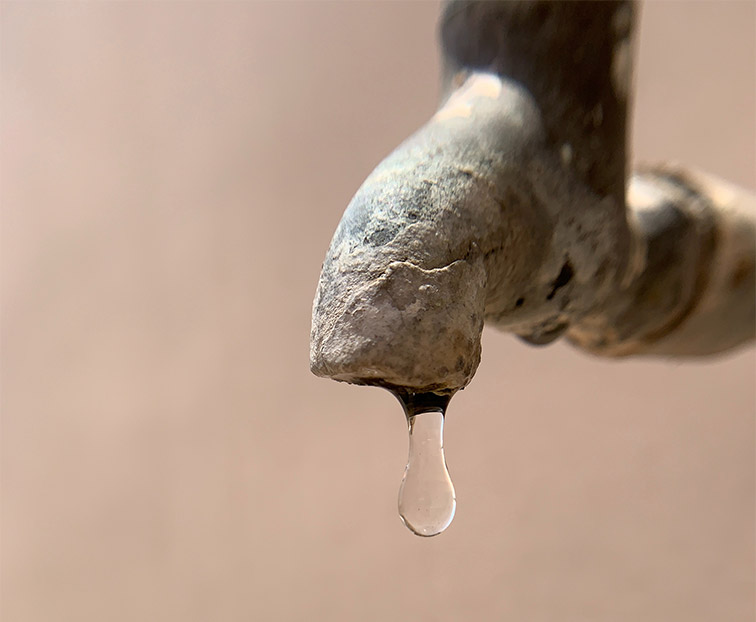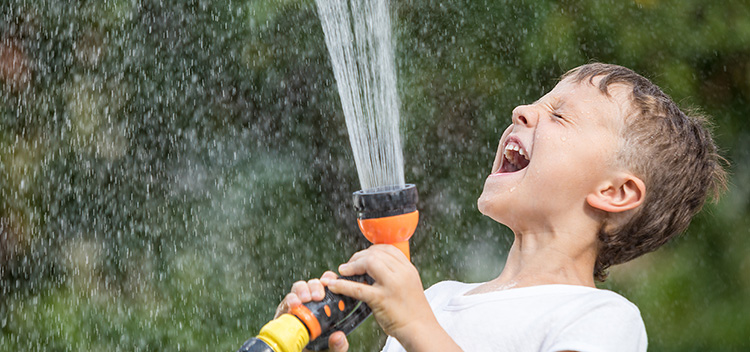Soft and Hard Water
Why do some areas have harder or softer water than others? Is one safe than the other and what can we do about it?
When rain falls it contains no calcium, but as it flows over the land and filters through rocks, it dissolves minerals and becomes harder. How hard water is depends completely on local geology and water hardness will vary widely throughout the UK.
Most of the water we supply is hard, as it comes from underground chalk aquifers with high levels of calcium. Water is not softened for public consumption and believe it or not, there is no UK or European standard for the hardness of drinking water.
 How to determine soft or hard water.
How to determine soft or hard water.
Determining the hardness of water relies on the measurement of calcium carbonate in the water.
Soft water contains less than 100mg of calcium carbonate per litre.
Moderately hard water contains between 100 and 200mg of calcium carbonate per litre
Hard water contains between 200 and 300mg of calcium carbonate per litre
Very hard water contains more than 300mg of calcium carbonate per litre.
You can find out how hard the water is in your home by heading over to your water suppliers website. By typing in your postcode you should be able to see the amounts of calcium in your water and the category of hardness.
How to avoid limescale
When hard water is heated, harmless limescale forms in water systems and appliances. You have most likely come across this in your kettle. That white hard stuff – that’s limescale!
A few tips to reduce limescale building in your appliances are:-
– Regularly clean your kettle to prevent the ‘scum’ floating to the surface.
– Keeping the temperature of the hot water systems below 60°C will reduce the formation of limescale in boilers, on heating elements and in hot water pipes.
– If limescale is particularly bad in your home then it may be worth considering installing a household water softener.
Limescale is not known to be dangerous so if you have very hard water in your home then it doesn’t need to be a worry. You may simply prefer the taste between hard and soft water and various filters or softeners can be used to alter the amounts of calcium in your water.


